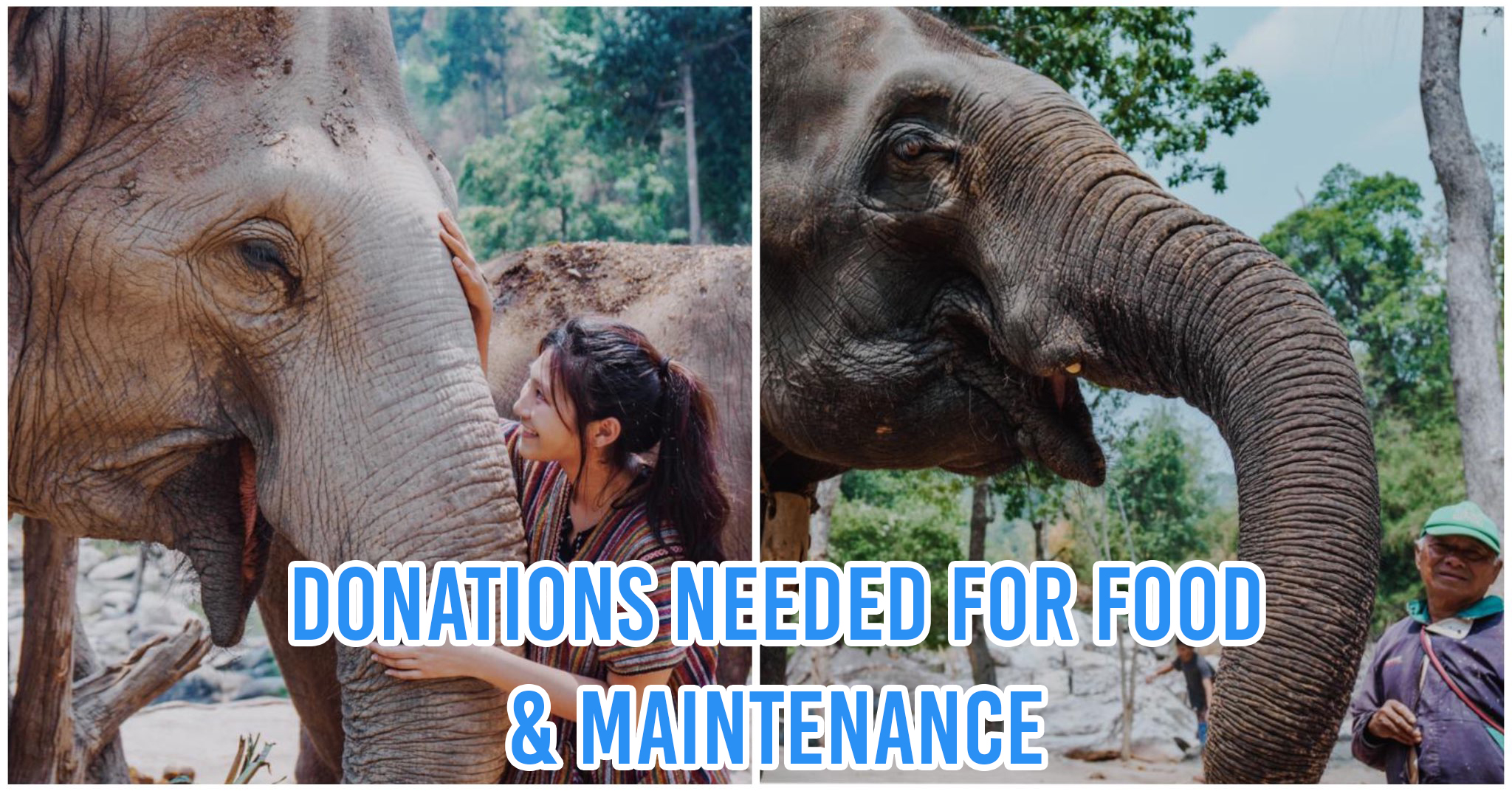Protecting Thailand’s elephants and wildlife

The elephant is one of Thailand’s most symbolic animals, as they have played a significant role in our culture and history. They have been used as a mode of transportation, and even in war to protect the kingdom.
As such, the country has many reputable animal shelters and elephant sanctuaries dedicated to caring for these gentle giants and keeping them safe from wildlife trade and inhumane tourist traps. However, these organisations and camps mostly rely on visitors to help support the expenses needed to take care of the elephants.
Also read:
https://thesmartlocal.com/thailand/elephant-sanctuary-chiang-mai/
Maintaining the camp can cost a few million baht
Amid COVID-19, many of these sanctuaries have been forced to close as much of the country is in lockdown – leading to visitors and tourists not being able to visit. With no stable income, caretakers are finding it hard to maintain the animals and facilities.
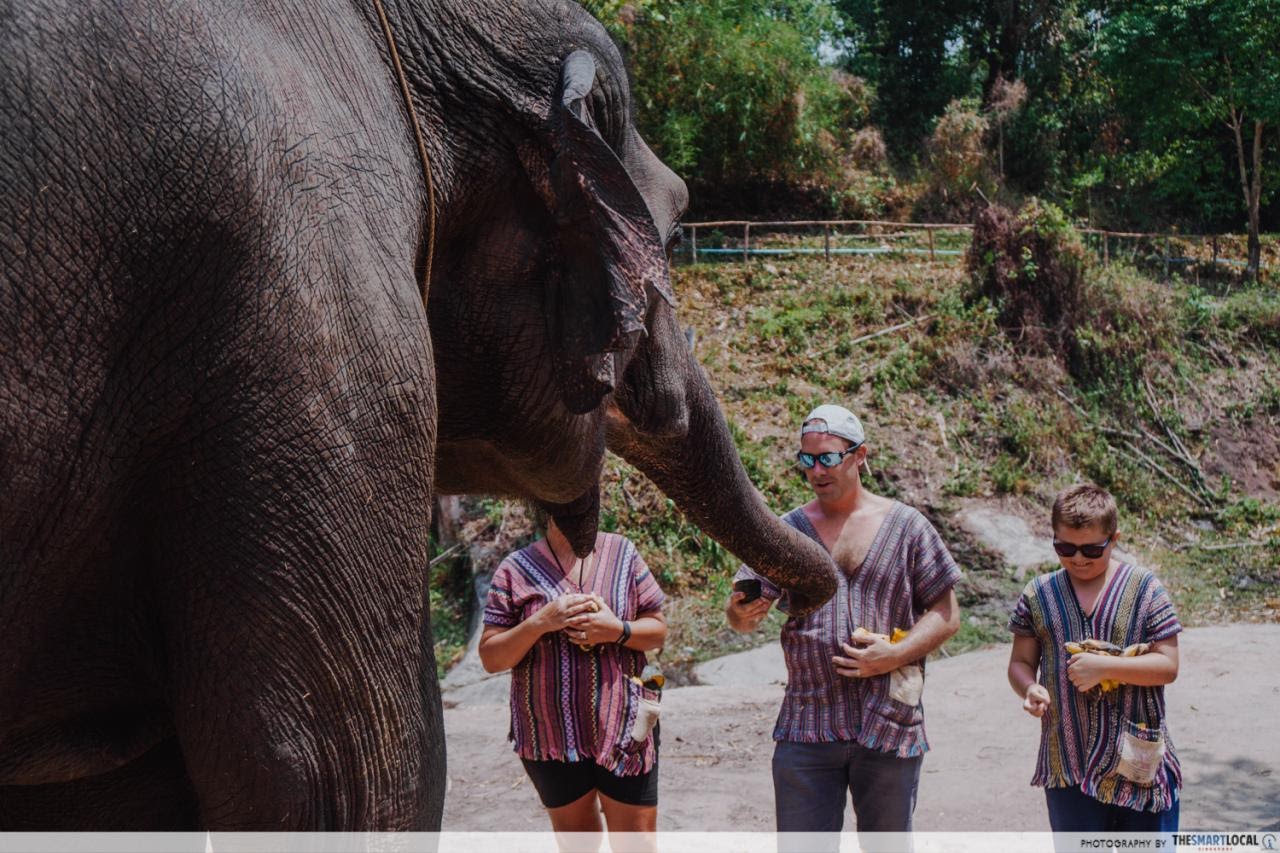
There are currently around 4,000 captive elephants around Thailand and the animals can eat up to 200kg of food each day, reports TNN. As such, lots of money is needed as part of animal care and maintenance.
Bangkok Post reports that Elephant Nature Park, a rescue and rehabilitation centre for elephants and other animals in Chiang Mai, spends over ฿3 million on the animals’ food, healthcare, and staff salaries.
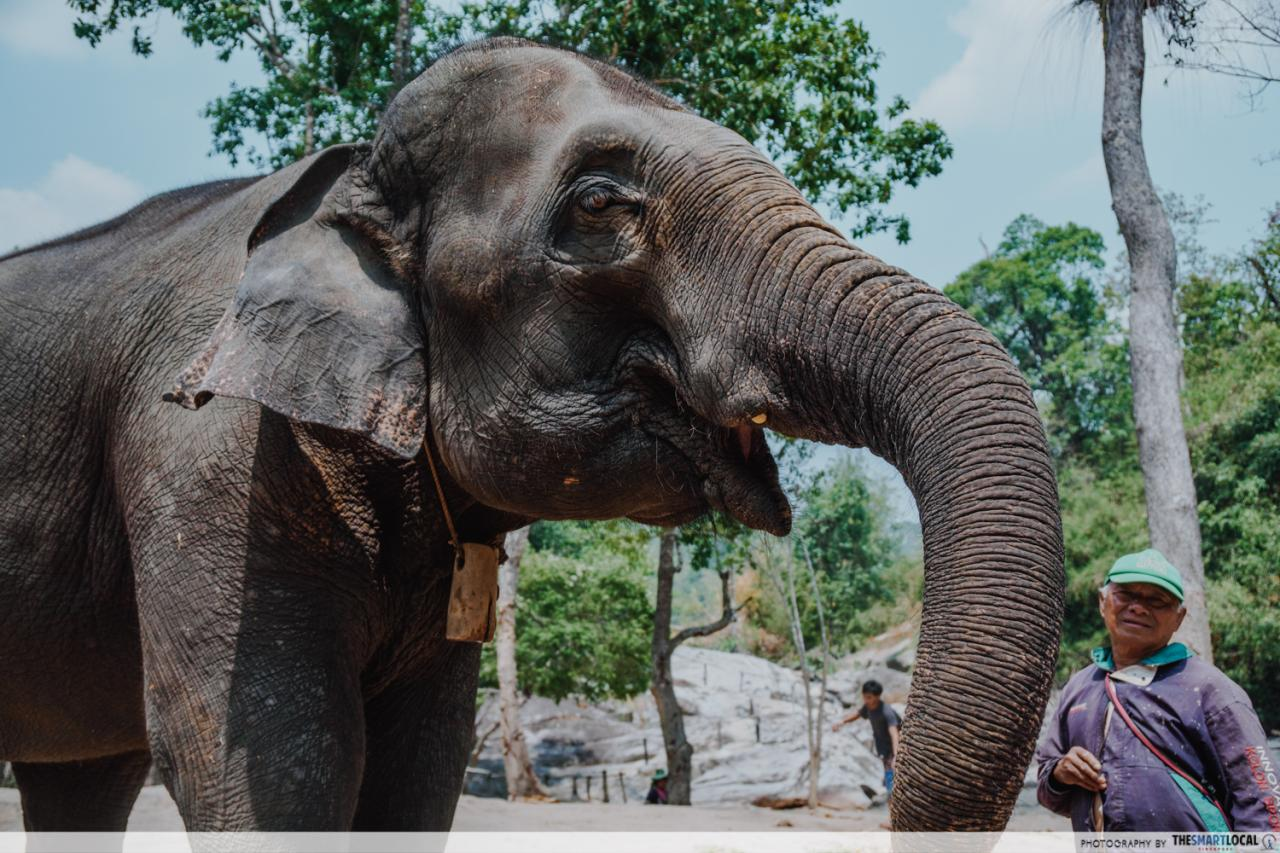
“If there is no support forthcoming to keep them safe, these elephants, some of whom are pregnant, will either starve to death or may be put on to the streets to beg,” Lek Chailert, founder of the Save Elephant Foundation, told the BBC.
The caretakers need money to keep themselves and the animals alive. The sanctuaries are trying their best to keep the elephants safe and away from danger, but they did share their concerns over owners of elephants selling them to the zoo or logging industries for heavy labour. Or worse, being put on the streets to “beg”.
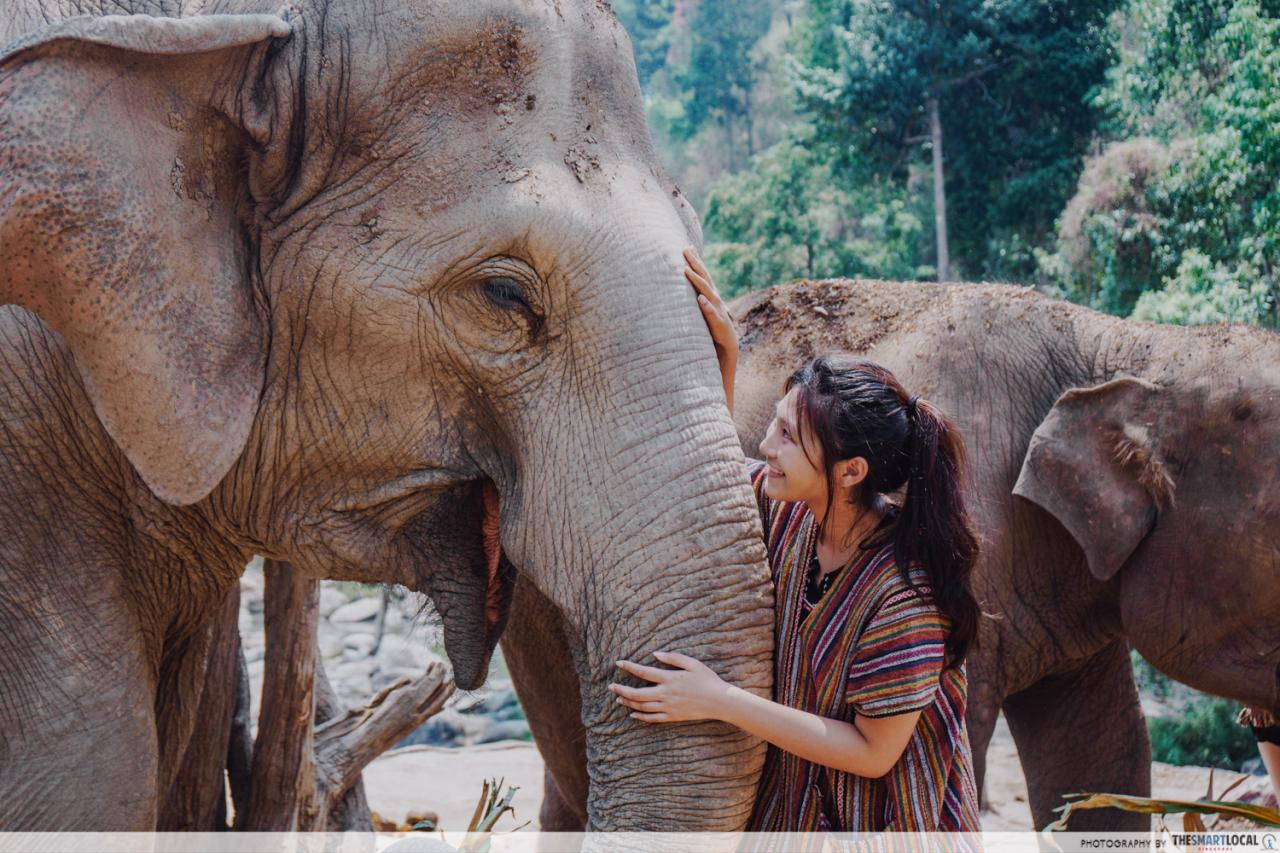
Chailert also stated that some of the elephants have started to attack each other as they have been chained up since the sanctuaries closed, thus being under extreme stress.
The caretakers are currently receiving food waste such as bamboo strips and corn husks from farmers. Some caretakers are finding other sources for food such as foraging in forests or finding edible plants in nearby lakes.
Do your part by contributing donations
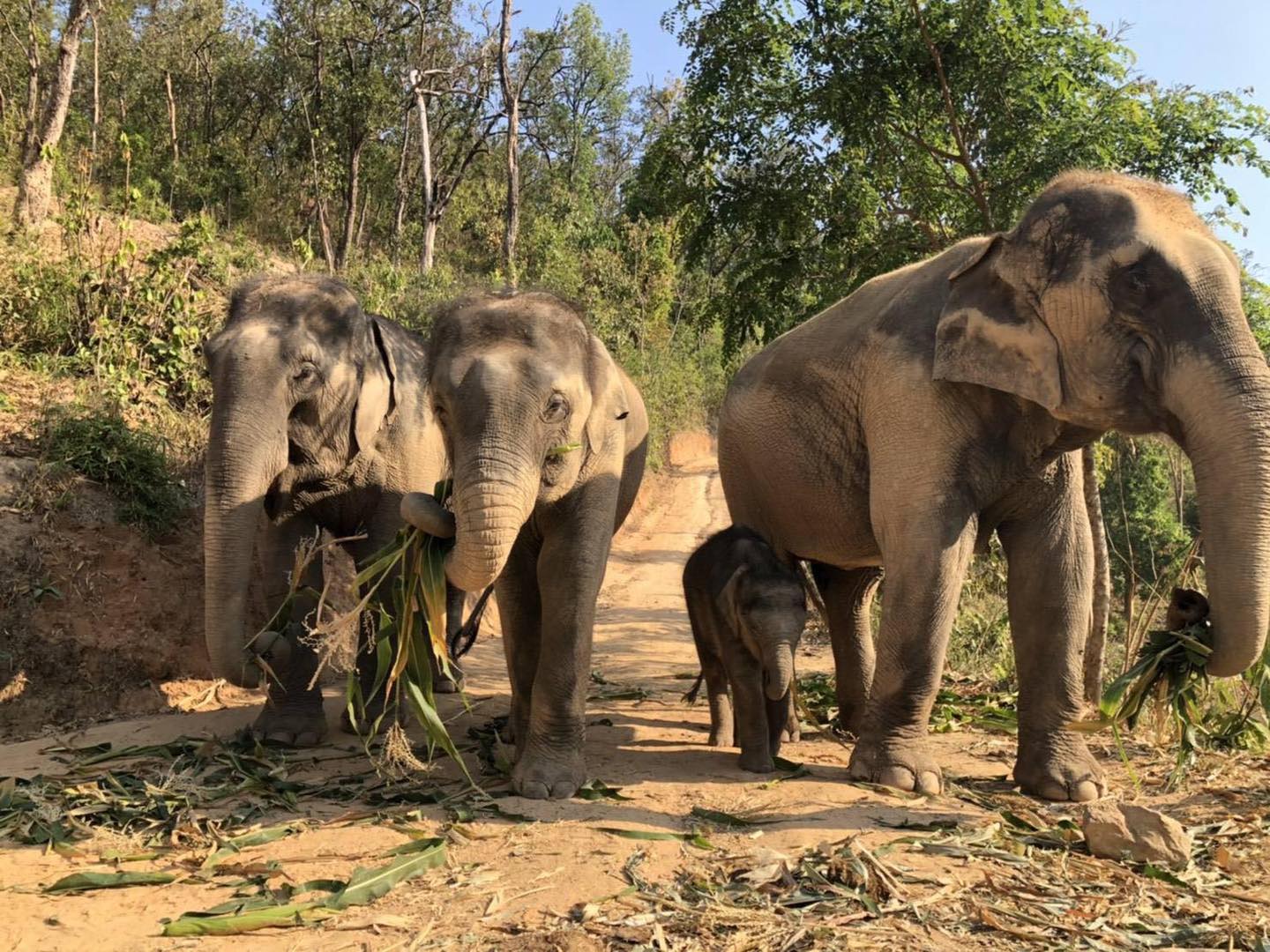
Image credit: Save Elephant Foundation
To spread awareness and to prevent the worst from happening, we can do our part by donating what we can to these organisations that need our help.
Here are some organisations you can donate to:
Growing up watching elephant-related movies and cartoons such as Khan Kluay has instilled in me the realisation that these cute gentle giants should be protected at all costs.
Even if your donations are “small”, anything can help make a difference in the lives of these innocent animals.
Enjoying The Smart Local Thailand? Follow us on Facebook and Instagram for all things Thailand
